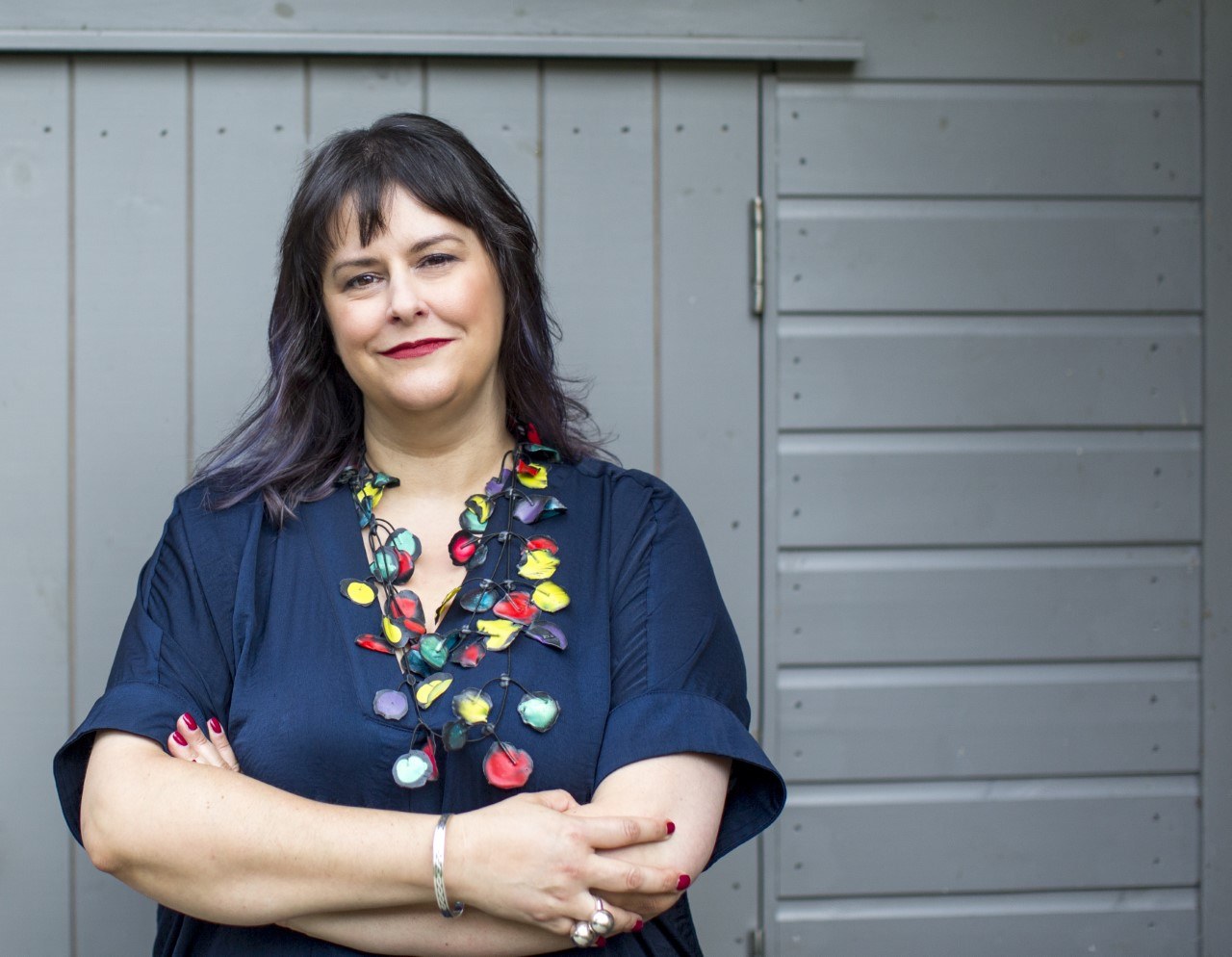Who is involved in decision-making, and why? Who isn’t invited to the table? What rights do arts organisations think they have to be leading a civic agenda? There is no way we can start talking about the promotion of civic roles, still less relationships with communities, without addressing the power relations of boards themselves.
I am speaking from my point of view as curator, facilitator and change leader. I have observed how change-making completely breaks down when boards seem to run a completely different organisation to their executive and workforce. I have experienced how enforced opaqueness based on position and status and an ambiguous attitude towards ethical practice thinly veils the dodgy governance of cultural organisations who claim to be sector-leading, deserving of more public funds and worthy beneficiaries of philanthropy.
The gap needs narrowing, conversations need to be genuinely two-way and the people recruited to boards must reflect the diversity of the people they exist to serve, as well as reflecting the skills the organisation needs to maintain—or in many cases—achieve good governance.


